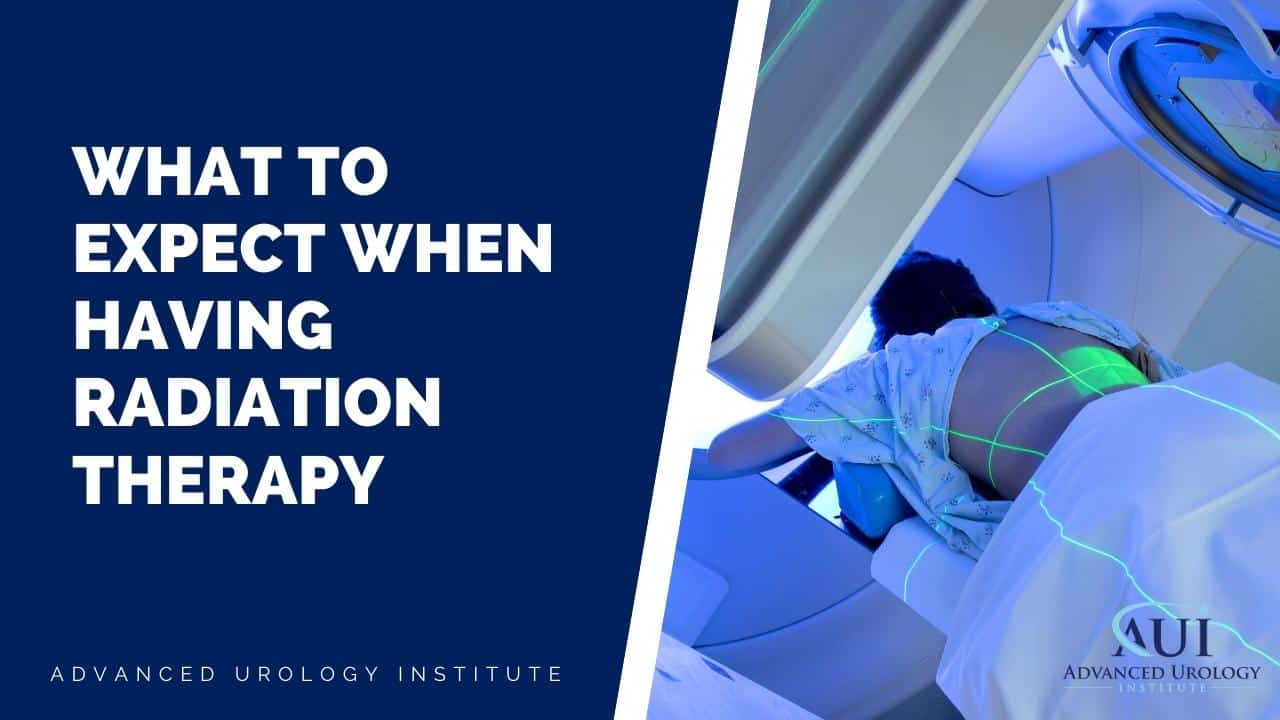What to Expect from Radiation Center Treatment for Cancer
Radiation therapy is a common and effective treatment for many types of cancer.
If you or a loved one are about to undergo radiation therapy at a cancer treatment center, understanding what to expect can help ease anxiety and prepare you for the process.
This guide covers how radiation therapy works, what happens during treatment, potential side effects, and how to manage them for the best possible outcome.
How Radiation Therapy Works

-
Targeting Cancer Cells
Radiation therapy uses high-energy rays or particles to destroy cancer cells while minimizing damage to surrounding healthy tissue.
-
Types of Radiation Therapy
There are different types of radiation therapy, including:
- External Beam Radiation: Uses a machine outside the body to direct radiation at the tumor.
- Internal Radiation (Brachytherapy): Involves placing radioactive material inside or near the tumor.
- Proton Therapy: A newer approach that delivers radiation with greater precision.
- External Beam Radiation: Uses a machine outside the body to direct radiation at the tumor.
-
Customized Treatment Plans
Oncologists develop a personalized radiation plan based on tumor size, location, and cancer type.
What Happens During Treatment?
-
Initial Consultation
A radiation oncologist will evaluate your medical history, perform tests, and create a treatment plan.
-
Simulation & Imaging
CT scans, MRIs, or PET scans help map out the precise area for radiation targeting.
-
Radiation Sessions
Treatments are typically given over several weeks.
Each session lasts only a few minutes, but preparation may take longer. -
Monitoring & Adjustments
Doctors track progress and may adjust treatment based on how the tumor responds.
Common Side Effects & Management
-
Fatigue
Radiation can cause tiredness, so rest and hydration are crucial.
-
Skin Reactions
Some patients experience redness, irritation, or peeling at the treatment site.
Using recommended lotions can help. -
Nausea & Digestive Issues
Radiation near the abdomen may cause nausea, diarrhea, or appetite loss.
-
Long-Term Effects
Some side effects may appear months or years later, such as tissue scarring or changes in organ function.
